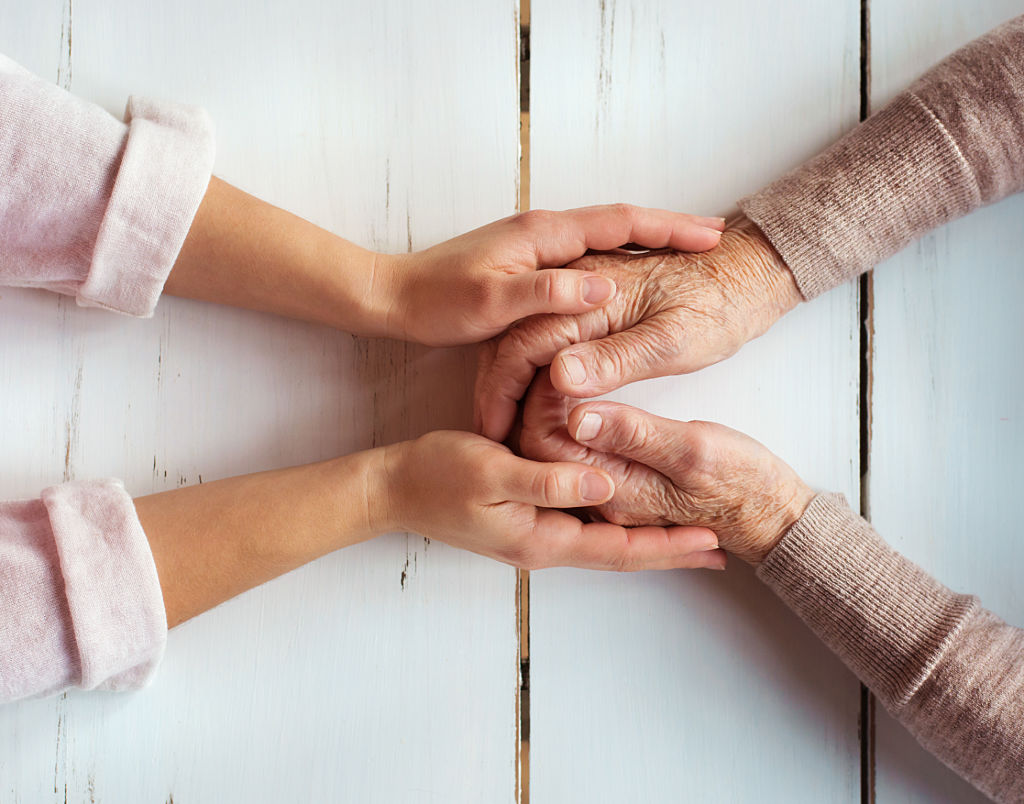Photodynamic Light Therapy: Patient Care Resources
Each treatment option has a unique value to patient care. Some are appropriate for certain stages of disease. Some are designed to treat certain parts of the body or to work throughout the body.
Photodynamic light therapy (PDT) is a non-surgical procedure that treats precancerous skin conditions. It works faster than topical skin creams, but it may take several treatments to achieve complete results and there are side effects to weigh as you choose between treatments.
WHAT TO KNOW TO PREPARE FOR PHOTODYNAMIC LIGHT THERAPY
1Getting Started In Your Care
2Getting Your Diagnosis
3Planning Your Treatment
4Undergoing Treatment & Follow-Up
If you choose PDT, your dermato-oncologist will lead your care team.

Your Doctors
Dermatologist
This type of doctor specializes in the diagnosis and treatment of skin cancer. Dermatologists in Stanford’s Melanoma Program have years of training and experience in cancer care. Cutaneous oncologists are dermatologists who specialize in skin cancer diagnosis, treatment, and ongoing surveillance. Dermatologic surgeons treat early melanomas, which are most likely to be cured following surgical removal. The treatments we offer include:
- Non-Surgical treatments
- Surgery

EXTENDED CARE TEAM
This health care provider works with your medical oncologist to help with diagnosis and treatment. An APP can be a physician’s assistant (PA) or nurse practitioner (NP). A nurse practitioner is an advance practice nurse who has completed graduate education and is trained to prevent, diagnose and treat medical conditions. You may alternate visits between your APP and oncologist.
MCCs are specialized registered nurses who provide one-on-one support to guide you through the cancer treatment process. MCCs serve as your point of contact to help manage your care, from your first appointment through follow-up visits. They assess your needs, answer your questions, make referrals, coordinate appointments, and provide patient education.
The CAA helps with administrative issues such as scheduling your appointments, managing your paperwork, and requesting your medical records.
This team member greets you at the front desk and registers you for your appointments.
If you are prescribed to have any injections, blood infusions, or chemotherapy, your infusion treatment area (ITA) scheduler will schedule these appointments.
This team member helps you during your clinic visits by:
- Bringing you to your exam room after you check in for an appointment
- Providing you with a hospital gown for your physical exam
- Taking your vital signs before your provider sees you
A staff member calls you before your first appointment to:
- Provide information that you need to know to prepare for your visit
- Provide a list of what you need to bring
- Help gather your medical records
This staff member supports you and your care team by recording details of your clinic visits, which may include your current medical condition, your past medical history and clinical care, pertinent details of your habits and lifestyle, and details of your imaging and lab work.
This type of doctor is doing postgraduate studies specializing in the care of patients with cancer.
This doctor has graduated from medical school and is in training (also called residency) at Stanford or other institutions. Residents in their first year are also called interns.
This health care provider is a student enrolled in Stanford’s medical school who is studying to become a doctor.

SUPPORT SERVICES
PATHWELL SUPPORT SERVICES
PathWell is your connection to personalized support services before, during, and after your treatment. Our teams of doctors, nurses, social workers, spiritual care providers, nutrition experts, financial counselors, and more work with your oncology team to provide comprehensive specialized care to you and to your family.
- 650-498-6000 Ask for the PathWell team
Stanford Health Library
For confidential help with your health care questions, contact the Stanford Health Library. Professional medical librarians and trained volunteers, access journals, books, e-books, databases, and videos to learn more about medical conditions, treatment options, and related issues.
- 875 Blake Wilbur, Palo Alto: 1st floor near the cafe, 650-736-1960
- South Bay Cancer Center: 3rd floor lobby, 408-353-0197
Email us your questions: healthlibrary@stanfordhealthcare.org
